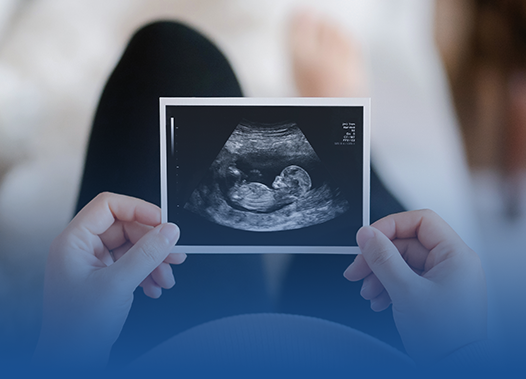Patient Education
2nd Trimester Pregnancy: What To Expect?

The second trimester of pregnancy is often the most enjoyable. Find out how to relieve common symptoms — and consider ways to prepare for what's ahead.
The second trimester of pregnancy often brings a renewed sense of well-being. The worst of the nausea has usually passed, and your baby isn't big enough to make you too uncomfortable. Yet more pregnancy symptoms are on the horizon. Here's what to expect.
Your body
During the second trimester of pregnancy, you might experience physical changes, including:
- Growing belly and breasts. As your uterus expands to make room for the baby, your belly grows. Your breasts will also gradually continue to increase in size. A supportive bra with wide straps or a sports bra is a must.
- Braxton Hicks contractions. You might feel these mild, irregular contractions as a slight tightness in your abdomen. They're more likely to occur in the afternoon or evening, after physical activity or after sex. Contact your health care provider if the contractions become regular and steadily increase in strength. This could be a sign of preterm labor.
- Skin changes. Hormonal changes during pregnancy stimulate an increase in pigment-bearing cells (melanin) in your skin. As a result, you might notice brown patches on your face (melasma). You might also see a dark line down your abdomen (linea nigra). These skin changes are common and usually fade after delivery.
- Nasal problems. During pregnancy, your hormone levels increase, and your body makes more blood. This can cause your mucous membranes to swell and bleed easily, resulting in stuffiness and nosebleeds. Saline drops or a saline rinse can help relieve congestion. Also, drink plenty of fluids, use a humidifier, and dab petroleum jelly around the edges of your nostrils to help moisten skin.
- Dental issues. Pregnancy can cause your gums to become more sensitive to flossing and brushing, resulting in minor bleeding. Rinsing with salt water and switching to a softer toothbrush can decrease irritation. Frequent vomiting could also affect your tooth enamel and make you more susceptible to cavities. Be sure to keep up your dental care during pregnancy.
- Dizziness. Pregnancy causes changes in circulation that might leave you dizzy. If you're having trouble with dizziness, drink plenty of fluids, avoid standing for long periods, and move slowly when you stand up or change position. When you feel dizzy, lie down on your side.
- Leg cramps. Leg cramps are common as pregnancy progresses, often striking at night. To prevent them, stretch your calf muscles before bed, stay physically active, and drink plenty of fluids. Choose shoes with comfort, support and utility in mind. If a leg cramp strikes, stretch the calf muscle on the affected side. A hot shower, warm bath or ice massage also might help.
- Vaginal discharge. You might notice a sticky, clear or white vaginal discharge. This is normal. Contact your health care provider if the discharge becomes strong smelling, unusual in color, or if it's accompanied by pain, soreness or itching in your vaginal area. This could indicate a vaginal infection.
- Urinary tract infections. These infections are common during pregnancy. Contact your health care provider if you have a strong urge to urinate that can't be delayed, sharp pain when you urinate, urine that is cloudy or has a strong smell or you have a fever or backache. Left untreated, urinary tract infections can become severe and result in a kidney infection.
Your emotions
During the second trimester, you might feel less tired and more up to the challenge of preparing for your baby.
You might worry about labor, delivery or impending parenthood. To ease your anxiety, learn as much as you can. Focus on making healthy lifestyle choices that will give your baby the best start.
Prenatal care
At this stage, the highlight of your prenatal visits might be listening to your baby's heartbeat. Your health care provider might suggest an ultrasound or other screening tests this trimester. You might also find out your baby's sex — if you choose.
Be sure to mention any signs or symptoms that concern you. Talking to your health care provider is likely to put your mind at ease.